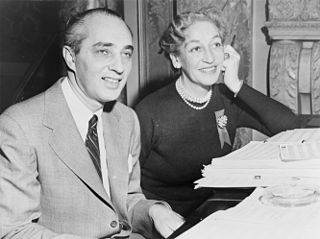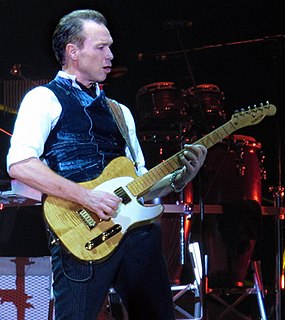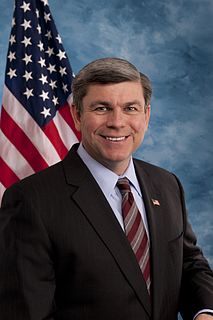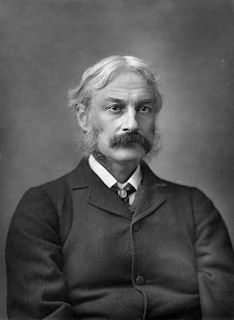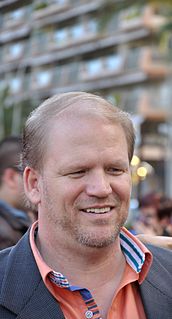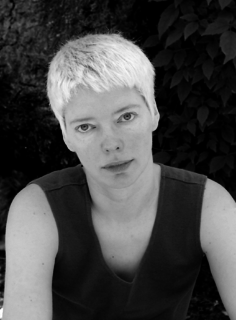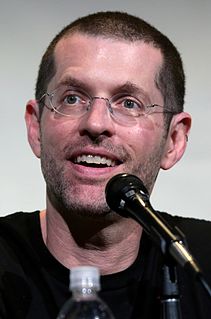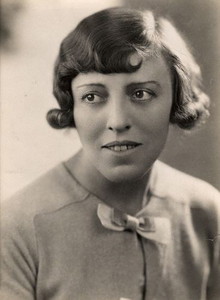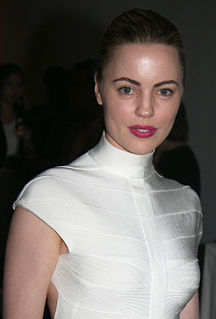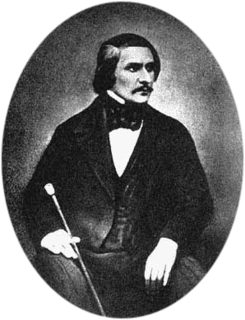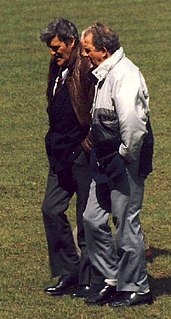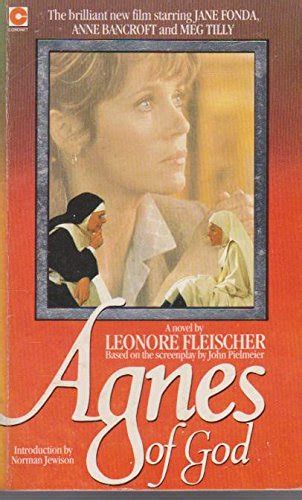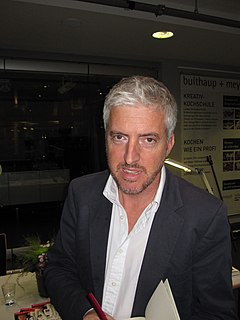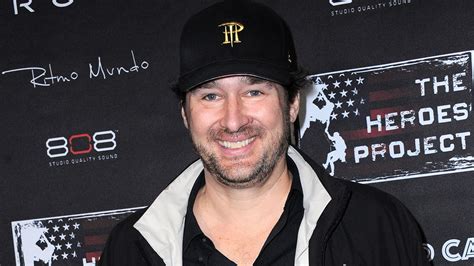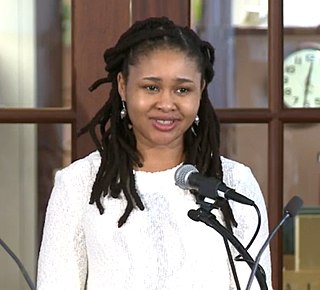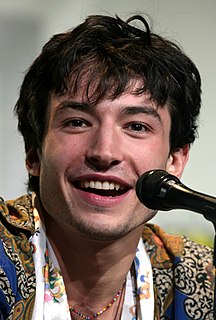Top 1200 Importance Of Reading Quotes & Sayings - Page 9
Explore popular Importance Of Reading quotes.
Last updated on September 30, 2024.
It seems to us that in intelligence there is a fundamental faculty, the alteration or the lack of which, is of the utmost importance for practical life. This faculty is judgment, otherwise called good sense, practical sense, initiative, the faculty of adapting one's self to circumstances. A person may be a moron or an imbecile if he is lacking in judgment; but with good judgment he can never be either. Indeed the rest of the intellectual faculties seem of little importance in comparison with judgment.
In the Art of Dreaming Don Juan tells Carlos, "... most of our energy goes into upholding our importance... if we were capable of losing some of that importance, two extraordinary things would happen to us. One, we would free our energy from trying to maintain the illusory idea of our grandeur; and two we would provide ourselves with enough energy to ... catch a glimpse of the actual grandeur of the universe."
I think the subject which will be of most importance politically is mass psychology.... Its importance has been enormously increased by the growth of modern methods of propaganda. Of these the most influential is what is called 'education.' Religion plays a part, though a diminishing one; the press, the cinema, and the radio play an increasing part.... It may be hoped that in time anybody will be able to persuade anybody of anything if he can catch the patient young and is provided by the State with money and equipment.
Since I started as a comic person then became a musician to me it was interesting because I have this really great, interesting fanbase that's really smart and energetic and uh how could I steer them towards a medium that shaped who I was? You know, steer them toward comics. That was really the goal, to bring a lot of readers cuz they were reading a lot of comics but most of them hadn't been reading American comics, they'd be reading manga sitting on the floor of a Barnes and Noble.
You never know what you're in for when you take a role. When you're reading the script, you're in some café in New York and you're loving life and it sounds great because it's like reading a book. When you step into that book and you actually have to play it out, for real, it's a totally different ball game.
I realized that for many people attending a reading is like watching television at the end of a long day. They don't want to be sad but to laugh. Chances are they'll pick the sitcoms over the horror movies. So I learned that, while one's larger body of fiction can have quite a bit of sadness and conflict and tragedy in it , in a reading environment, the average audience member seems able to tolerate only a little bit of sadness. They'd much rather the reading be sexy, funny, and witty. Life is hard these days. There's more than enough sadness in the world, so I can't blame them.
Any man will go considerably out of his way to pick up a silver dollar; but here are golden words, which the wisest men of antiquity have uttered, and whose worth the wise of every succeeding age have assured us of; and yet we learn to read only as far as Easy Reading, the primers and classbooks, and when we leave school, the Little Reading, and story books, which are for boys and beginners; and our reading, our conversation and thinking, are all on a very low level, worthy only of pygmies and manikins.

